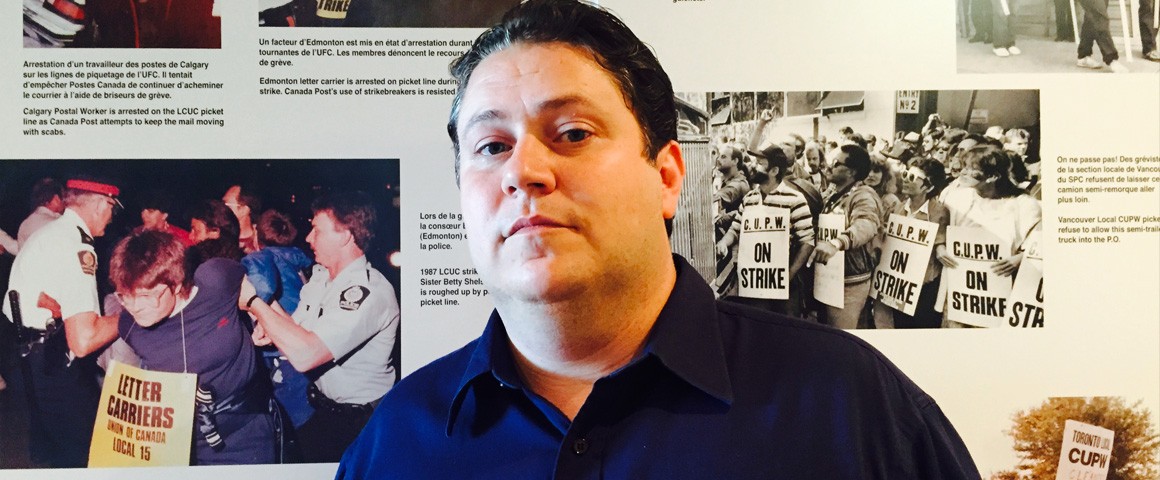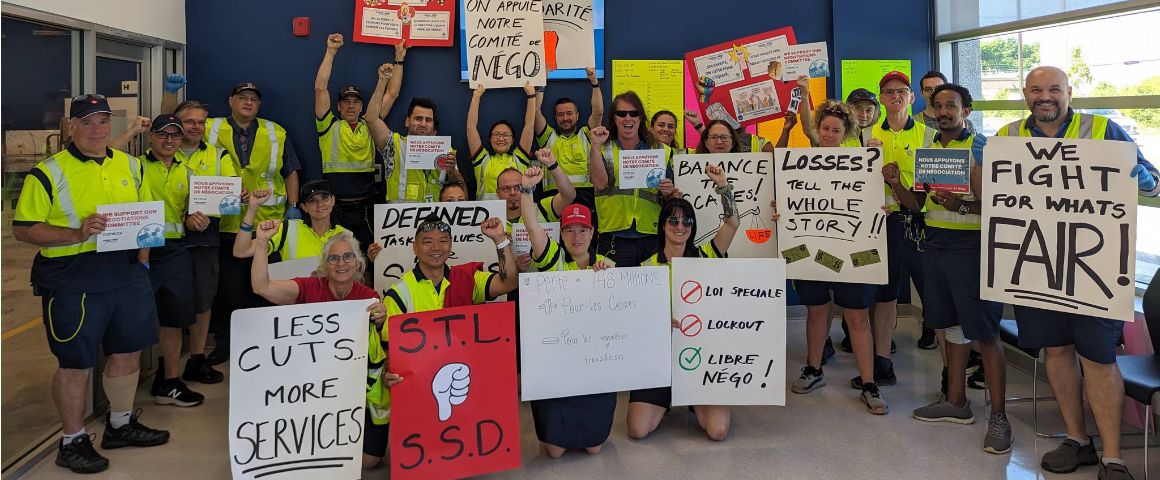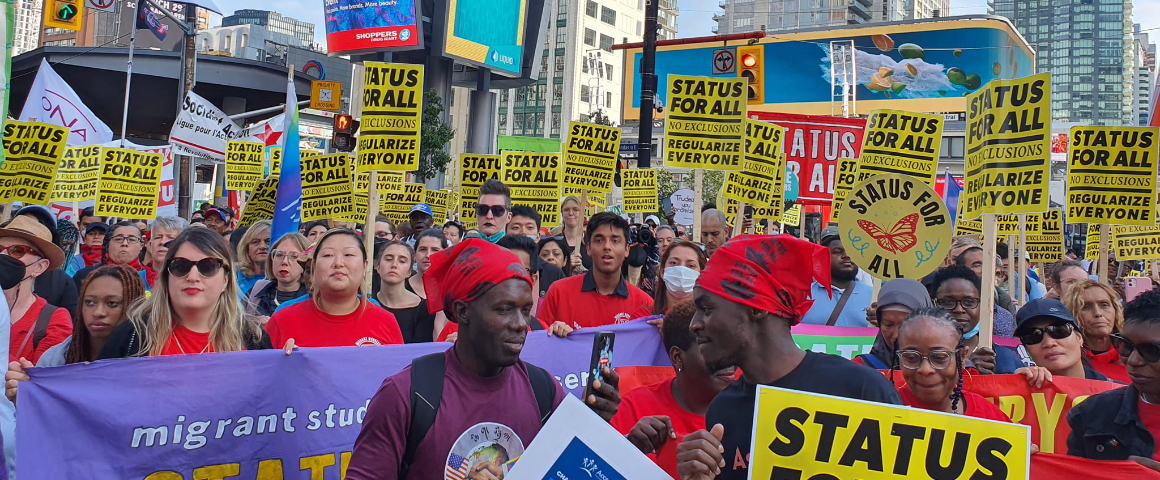The Canadian Union of Postal Workers (CUPW) is calling on the Ontario government to strengthen Bill 148, The Fair Workplaces, Better Jobs Act.
In a letter to Premier Kathleen Wynne, the union, which represents 20,695 workers in Ontario, says it supports many of the proposed changes in the Bill 148, particularly the $15 minimum wage, fairer scheduling, expanded emergency leave protections, and the provisions on equal pay for equal work.
“We applaud the efforts of all the community organizations, workers, and unions who fought tirelessly to bring about these important changes,” says the letter, signed by CUPW National President Mike Palecek.
“Immediately following the announcement of the legislation, big business – led by millionaire CEOs –came out in force, declaring publicly just how much they stand to lose by being required to provide decent wages and working conditions. Their outcry exposed the truth that working people in this province have always known: big business makes huge profits off exploiting workers in low-wage and precarious jobs.
“While Bill 148 takes us in the right direction, it falls short in some vital ways. We are especially concerned with some of the amendments that were made after the legislation was announced. We call on this government to strengthen, not weaken, Bill 148.
“CUPW has over 3000 members living in Peel Region and working at facilities like Gateway Mail Processing Plant, one of the Canada Post network’s largest distribution centres. Peel is home to many large distribution and logistics companies that profit from a heavy reliance on low-wage workers. Too many workers in this area are stuck in the vicious cycle of temporary work, exploited by both the temp agencies and the client companies. Others are forced to work as independent contractors in roles that should be categorized as full-time, permanent jobs. Those with permanent jobs are often part-time, struggling with unpredictable schedules and low wages, never knowing week-to-week if they will make ends meet, and hard-pressed to plan for the future.
We know that temporary, contract and part-time workers are some of the most vulnerable workers and that women, immigrants, and people of colour make up a disproportionate percentage of these workers. Temporary, part-time, and contract workers should be paid the same as permanent workers doing the same job, deserve fair and advanced scheduling, and genuine protections if they become ill or injured on the job. We are very concerned with the loopholes that have been introduced to the Bill that will allow employers to evade the scheduling and equal pay provisions. Workers will be unable to meaningfully enforce their new entitlements regarding right to refuse shifts and last minute cancellation of shifts if they do not receive their schedules in advance. Defining seniority by number of hours worked, as opposed to date of hire, will only further entrench inequality between part-time and full-time workers and undermine the intent of the equal pay provision. We are also very concerned by on-going employer efforts to further weaken the language on job definition in order to be able to evade their equal pay responsibilities.
“Our members know that unionization is critical to ensuring truly fair workplaces. Bill 148 improves access to unionization for Ontario workers, but further steps are still needed to provide greater access to employee information and to remove undue restrictions on workers’ right to unionize when lists are provided. We urge you to remove exceptions for agricultural, horticultural and domestic workers that deny vital protections to some of the most vulnerable workers. Card check certification needs to be extended to all sectors and workers also need quicker access to first contract arbitration. Succession rights need to be improved to ensure companies cannot flip contracts in order to drive down wages and working conditions and thwart collective efforts by workers. Finally, the legislation should prohibit the hiring of replacement workers, which undermines a union’s fundamental right to fair bargaining.”




